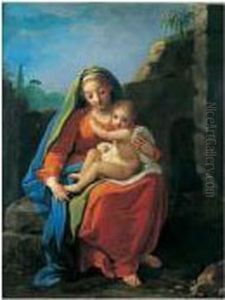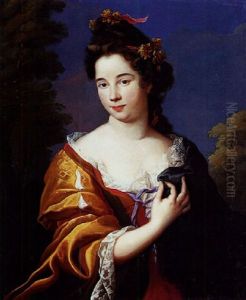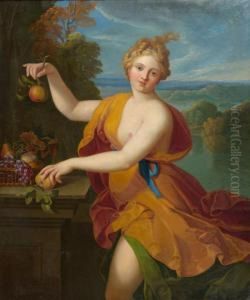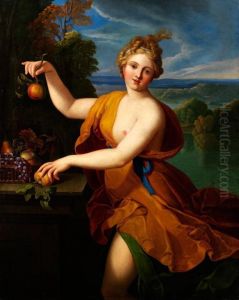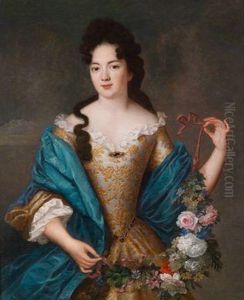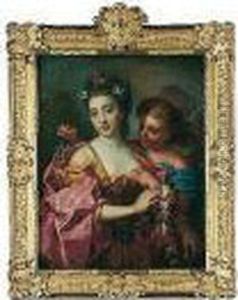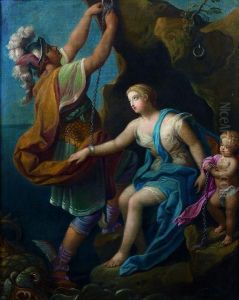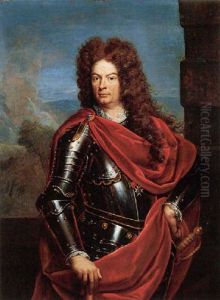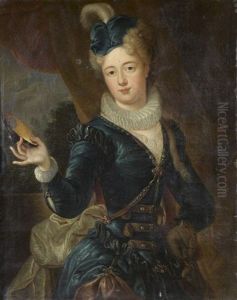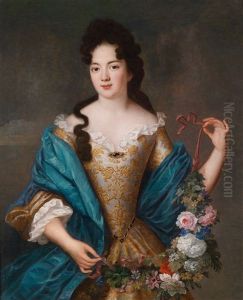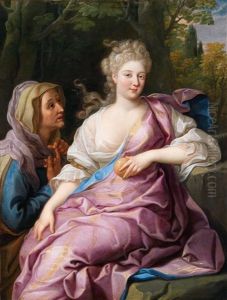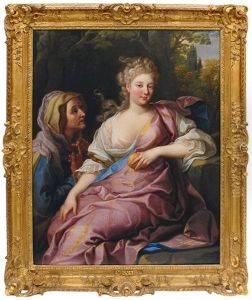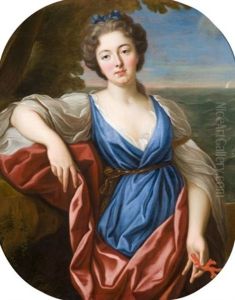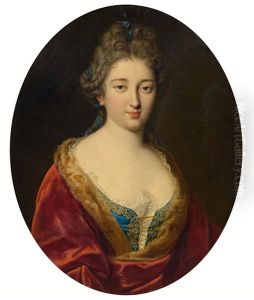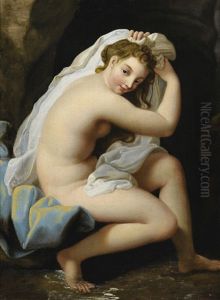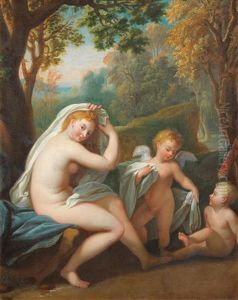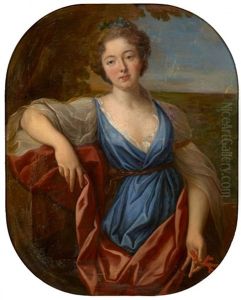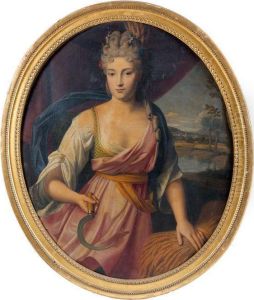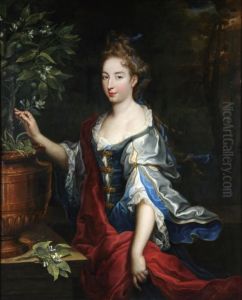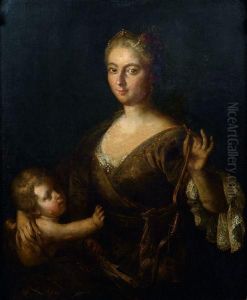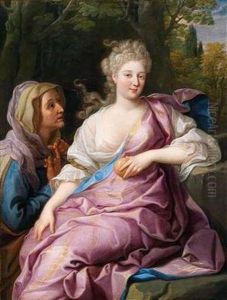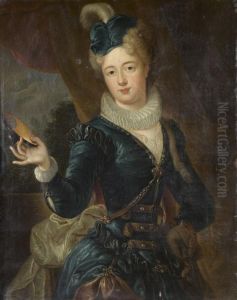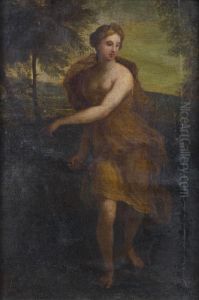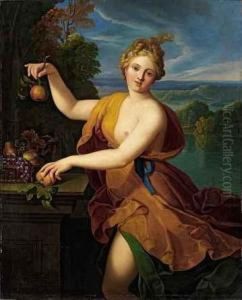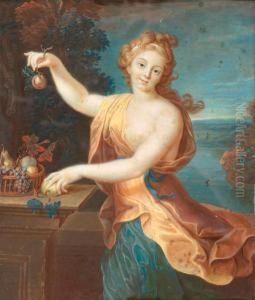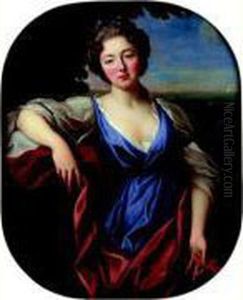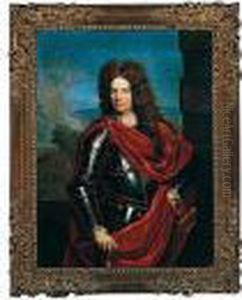Nicolas Fouche Paintings
Nicolas Fouché was a French painter born in Paris in 1640. Not as widely recognized as his contemporaries, Fouché's work was nevertheless significant in the context of French Baroque art. He began his artistic training under the guidance of Charles Le Brun, the leading French artist of his time, and his early works clearly reflect Le Brun's influence in their grandeur and attention to detail.
Fouché's style evolved significantly over his career. He was known for his meticulous approach to the human form, and his religious paintings, in particular, were celebrated for their emotional depth and use of light. Although primarily a painter of religious scenes, Fouché also created several notable portraits and allegorical works. His ability to manipulate light and shadow helped to convey a sense of the divine in his religious compositions.
Despite his talents, Nicolas Fouché did not achieve the same level of fame as some of his peers. He worked mostly on commissions for churches and private patrons, which may have limited his exposure. He died in 1703, leaving behind a modest but compelling body of work that offers valuable insights into the Baroque period in France. His paintings, characterized by their dramatic intensity and technical precision, continue to be studied for their contribution to the evolution of French art during the late 17th century.
